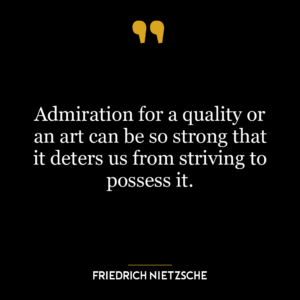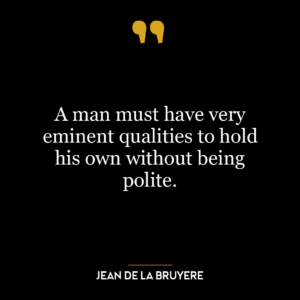“The best is the cheapest” is a quote that carries a profound meaning. At a first glance, it might seem counterintuitive as we often associate the best with the most expensive. However, the essence of the quote lies in the understanding of value over cost.
What it essentially means is that investing in high-quality things (be it goods, services, or experiences) initially might seem expensive, but in the long run, they prove to be cheaper. This is because they last longer, perform better, and often come with less trouble than cheaper, lower-quality alternatives. Thus, the overall cost associated with the “best” is less when you consider the lifespan, performance, and the potential problems that might come with the cheaper alternatives.
In today’s consumer-driven world, this quote is particularly relevant. We are often tempted to go for cheaper options to save money, but end up spending more in the long run when these products break down or don’t perform as well as their high-quality counterparts. This concept can be applied to anything from electronics, cars, to clothing. For instance, a well-made, slightly expensive pair of shoes will last longer and provide more comfort than a cheaper pair that wears out quickly and needs to be replaced.
In terms of personal development, this quote could be interpreted as investing time and effort in acquiring the best knowledge, skills, and experiences. It might seem hard and time-consuming initially, but in the long run, it pays off. The ‘cheapest’ in this context could mean the least painful or least challenging path, but opting for the ‘best’—the path of growth, learning, and resilience—will yield far greater returns in terms of personal and professional growth.
So, the quote, “the best is the cheapest,” is a reminder that we should look beyond immediate costs and consider the long-term value of our choices.













